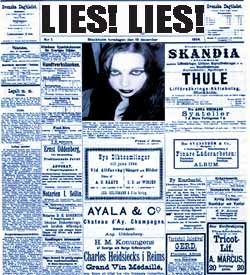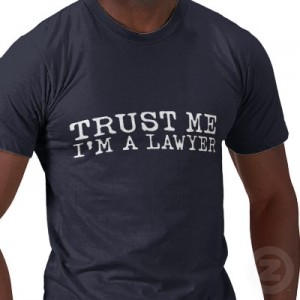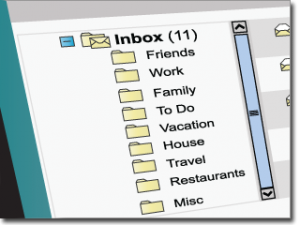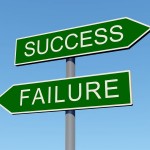 Are you hoping things will get better in 2012? A lot of people are, but unfortunately, “hope is not a strategy“.
Are you hoping things will get better in 2012? A lot of people are, but unfortunately, “hope is not a strategy“.
If you want things to get better, you need to make them better. But how?
Don’t start with technique, start with strategy–a plan. What do you want to happen, and why? What will do you do to make it happen? Is this really something you want to do?
Too often, people grab hold of a technique they hear about and run with it. They spend time and money doing the requisite activities, without considering why they are doing it. They install an expensive motor on their row boat hoping it will get them to their destination faster, but they never look at a map.
Techniques are important. Using the right tools for the job, execution, timing–can make a big difference in your results. But without the right strategy, the latest techniques won’t help you to get where you want to go.
What are you good at and enjoy? Writing? Speaking? Networking? Technology? Make it the core of your business building strategy.
Your strategy doesn’t have to be elaborate. In fact, the simpler it is the better. But simple is not synonymous with small. Your plan should inspire you to accomplish big things. After all, the goal isn’t merely to survive, it is to thrive, and you cannot do that by dabbling.
I’ve seen great practices built by using only one or two techniques. Once you know where you want to go and you have a plan to get there, you don’t need dozens of techniques.
Without the right strategy, no technique is good enough, no matter how much it costs or how hard you work at it. With the right strategy, almost any technique will do.













